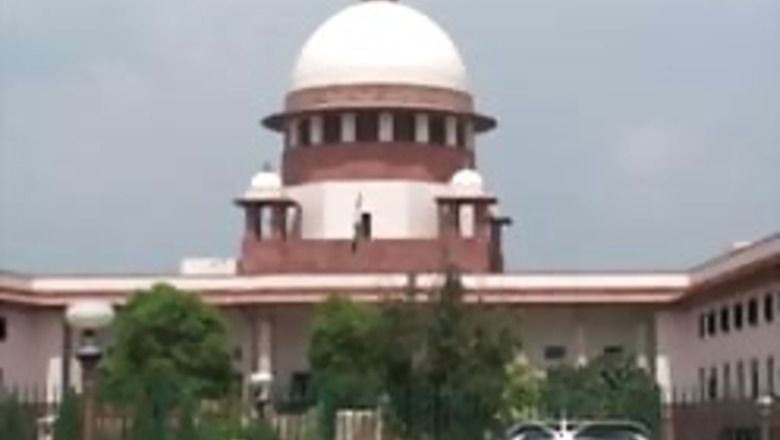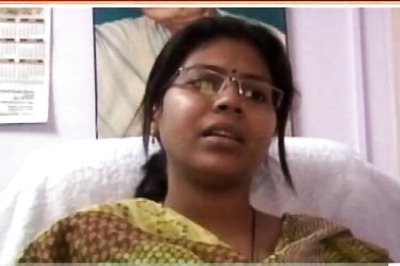
views
New Delhi: The Supreme Court has decided to filter public interest litigations (PILs) by coming out with a list of individual issues which would be barred from being raised in courts as PILs.
So, whether it is a matter related to a toddler's admission to nursery, an elderly fathers' plea on maintenance or a tax-paying resident's complaints against government departments, including civic agencies, filing a PIL on these issues, and many more, may be passé.
The only option left for drawing the judiciary's attention to such matters is to write a letter to a court which, if found suitable, may be treated as a letter-petition.
Issuing guidelines on PILs, the apex court has sought to introduce fresh checks and balances for entertaining such petitions – an issue which saw differences among the judges come into the open.
The modified guidelines published by the court assumes significance in the wake of some of the controversial judgements by the top court in dealing with PILs in the past two months.
With the aim to streamline the process, the guidelines said the matters related to landlord-tenant, services and those pertaining to pension and gratuity, complaints against Central/State government departments and local bodies would not fall under the categories of PILs.
The petitions pertaining to maintenance of wife, children and parent will be out of the purview of the PIL and the petitioners concerned may be asked to take the refuge of section 125 of the code of criminal procedure code or file a suit in competent court, it said.
The apex court which has been trying hard to achieve the target of "zero-pendency" of cases has kept matters related to admissions to medical colleges and other institutions out of the purview of PIL.
While making it clear that no petition involving individual/personal will be entertained as PIL, the apex court said letter-petitions concerning bonded labour, neglected children, non-payment of minimum wages to workers and petitions from jail complaining harassment, and seeking release after completing 14 years in prison will be treated as PILs.
PAGE_BREAK
However, on the issue of pre-mature release of prisoners, the apex court said such petitions should be dealt by High Courts.
"Petitions for premature release, parole etc are not matters which deserve to be treated as petitions under Article 32 of the Constitution (for treating as PILs) as they can affectively be dealt with by the concerned High Courts.
"To save time, Registry may simultaneously call for remarks of jail superintendents and ask them to forward the same to High Court. The main petition may be forwarded to the concerned High Courts in accordance with law," the guideline said.
This apex court's direction seems significant as last month it had dismissed a number of petitions on the premature release of prisoners after hearing them for past over four years.
However, the petitions against police for refusing to register a case, harassment by police and death in police custody will fall under the categories of PILs in addition to those relating to atrocities against women, particularly harassment of bride, bride-burning, rape, murder, kidnapping etc, it said.
The matters complaining harassment or torture of villagers by co-villagers or by police from persons belonging to Scheduled Castes and Scheduled Tribes and economically backward classes will be treated as PILs.
Letter-petitions from riots victims and for family pension will fall under PIL, the apex court said adding that matters pertaining to environmental pollution and maintenance of heritage and culture will be treated as PILs.



















Comments
0 comment